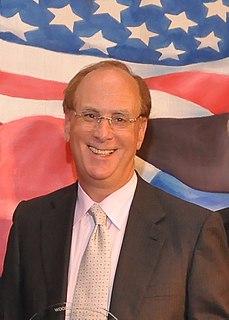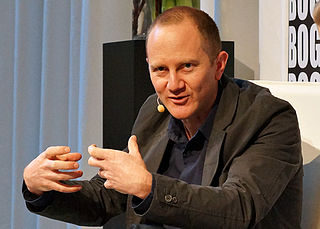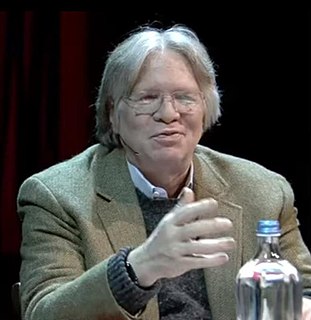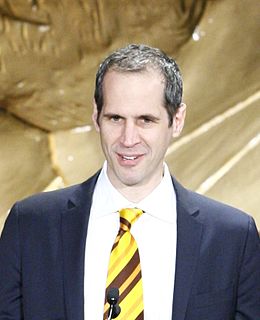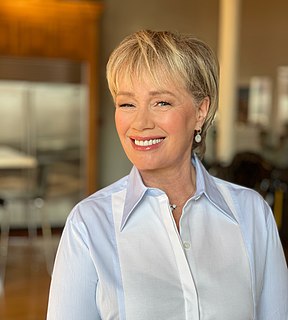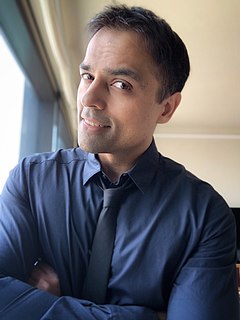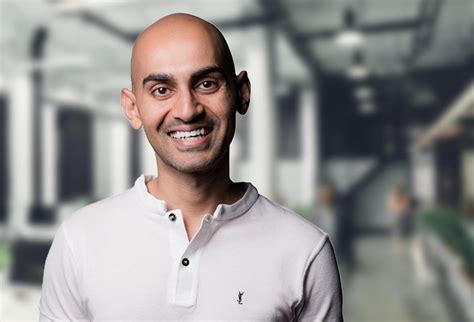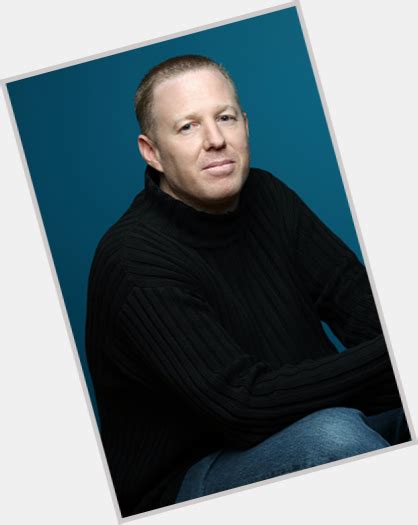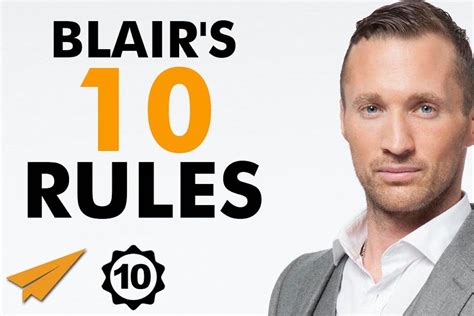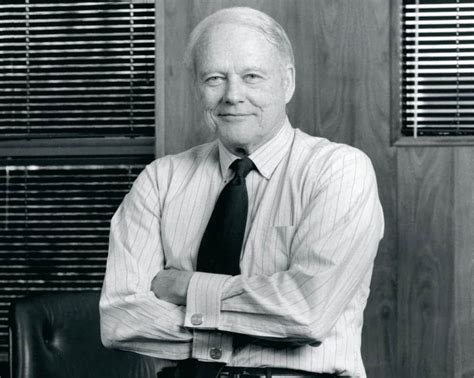A Quote by Bhavin Turakhia
Before I start a company, I always invest at least one year to knowing that sector thoroughly. I research about almost everything related to that business - competition, market potential, revenue model, legal and regulatory obligations, among other aspects.
Related Quotes
As you start the company, you start spending spending spending ahead of revenue but then you come out of it and very quickly you should become a company that spends less than it makes. And what I mean by very quickly, is that window of time should be in that 6 to 8 year time frame. And the reason is because if you build your business model correctly it's almost unavoidable.
I don't think any foreign Internet company can effectively compete against Chinese companies in the Chinese market. The regulatory environment is so difficult that it's almost impossible for foreigners to have an advantage over locals who have better political connections and who can manipulate the regulatory system much more effectively.
I like the boundaryless potential you get when you make work for a context that is open to interpretation. Thinking about an art context is too claustrophobic, though. I always hope that at least half my audience is not directly related to the art world. I use art as a balancing act. It's a good way of avoiding everyday chores and social obligations.
That might be the old model: to get a fixed fee. You have to start to think about other models and how they can generate interest - what it can do for a brand in the future - and about the fact that revenue can also be generated in many other ways... Just look at the one and a half million people at the free Rolling Stones concert in Cuba. And Cuba is not Central Park! So just use your imagination as to what kind of revenue can be made.
We are all used to paying a sales tax when we buy things - almost 9 percent here in New York City. The application of this concept to the financial sector could solve our need for revenue, bring some sanity back into the financial sector, and give us a way to raise the revenue we need to run the government in a fiscally responsible way.
In less than a year Revolution has gone from being a concept to a reality, with three rapidly growing sector companies, overseeing a dozen acquired firms that collectively employ more than 2,500 people. But we're just scratching the surface in terms of the potential to build Revolution into a new kind of company that gives consumers more choice, control and convenience in the important aspects of their lives.




